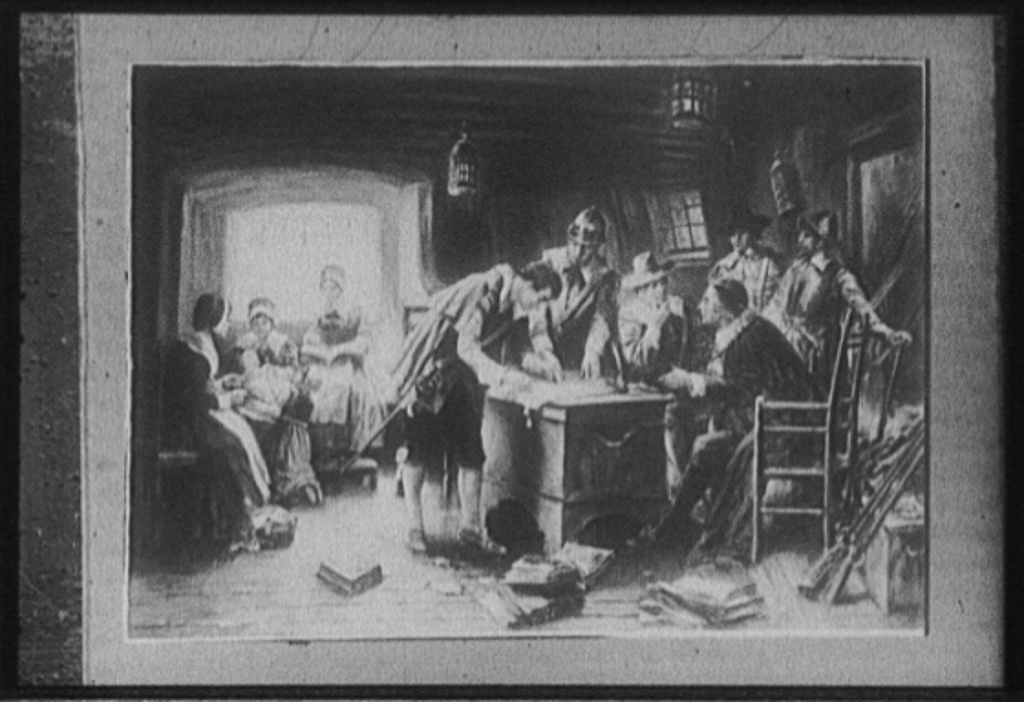The Pilgrims are a well-known group of people in the history of the US for a reason, since many of our nations core values and themes were demonstrated and influenced by this group of people. One of these trends it the Christian influence that still dominates our country today. The Pilgrims were an intensely religious group, and their influence of Christianity has not altogether faded. The Mayflower Compact mentioned God multiple times, and after reading History of Plymouth Plantation by William Bradford, it is impossible to deny Christianity’s influence on the writer. Indeed, he states toward the beginning of his account,
“May not and ought not the children of these fathers rightly say: ‘Our fathers were Englishmen which came over this great ocean, and were ready to perish in this wilderness; but they cried unto the Lord, and He heard their voice and looked on their adversity.’”
Obviously, the initial settlers intended for their religion to become common in the new society.
Their vision persists today.
Additionally, the Pilgrims helped set the trend for our democratic and capitalist society.
Bradford mentions in his account that, after the death of the people’s first governor, he was
chosen as the successor:
“Shortly after, [the old governor’s death] William Bradford was chosen Governor in his stead, and being not recovered of his illness, in which he had been near the point of death, Isaac Allerton was chosen to be an assistant unto him who, by renewed election every year, continued sundry years together.”
This statement seems to imply that the Pilgrims followed some type of democracy among them,
electing their officials yearly.
Finally, the Pilgrims' capitalist influence was also considerable. Although their initial
agricultural economy was communal, they quickly learned that they were much more productive
working as individual families.
“At length, after much debate of things, the Governor...gave way that they should set corn every man for his own particular…And so assigned to every family a parcel of land, according to the proportion of their number, for that end, only for present use…This had very good success, for it made all hands very industrious, so as much more corn was planted than otherwise would have been by any means the Governor or any other could use, and saved him a great deal of trouble, and gave far better content.”
The modern dominance of belief in Christianity, democracy, and capitalism, were demonstrated as early as in the initial Plymouth settlement in New England. It is therefore logical to assume that one of the most important factors in developing a society is its initial inhabitants. Undeniably, these influential people set the trend for those who come after them.
-
Source:
William Bradford, History of Plymouth Plantation (c. 1650), quoted in Paul Halsall,
"William Bradford: From History of Plymouth Plantation," Last modified July 1998,
https://sourcebooks.forham.edu/mod/1650bradford.asp.
